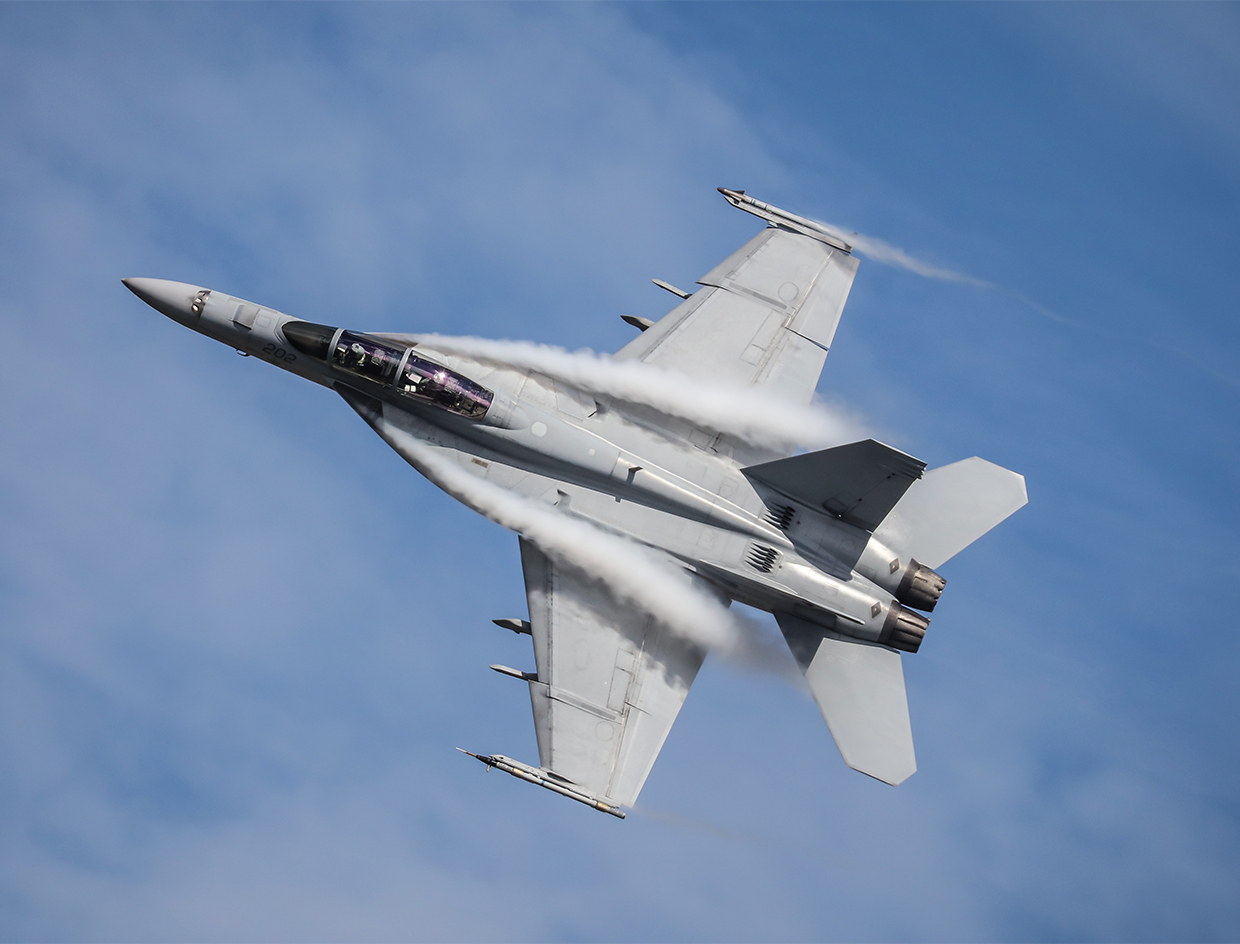The Australian export credit agency (ECA), Efic, has been armed with A$3.8bn to help companies sell military equipment overseas.
The move is part of the Australian government’s push to become a top 10 global defence exporter within the next 10 years. A new Australian Defence Export Office has been established, which will work with Austrade, the country’s export support function, and the Centre for Defence Industry Capability to promote defence exports.
The government says that the Efic fund and other areas of support will support high-end manufacturing jobs and “will complement the Turnbull government’s record A$200bn investment in Australian defence force capability”.
This marks an unusually public endorsement of ECA funding for a national defence industry. Over the years, ECAs have been heavily criticised for selling arms which often help prop up tyrannical regimes and which can fall into the wrong hands.
Indeed, the murky track record of the UK’s ECA was reportedly one of the reasons behind its rebranding from the Export Credits Guarantee Department (ECGD) to UK Export Finance (UKEF).
ECGD was found to have funded a succession of arms deals involving despotic regimes. These include a £49mn loan made to Zimbabwean President Robert Mugabe to buy a fleet of fighter jets and police Land Rovers.
Alas, its successor UKEF has continued the trend. The ECA was reported in 2015 to have guaranteed £130mn in financing for repressive governments to spend on arms over the previous years. These include loan guarantees for the Indonesian government to purchase anti-aircraft missiles and a bond guarantee for Saudi Arabia to buy unspecified arms, amid Saudi Arabia’s ongoing offensive in Yemen.
Over half of UK Export Finance (UKEF) support in the last annual report was for defence, and the Department for International Trade (DIT) says in its departmental plan that the government wants to grow the country’s defence export market.
In a recent exclusive interview with GTR, secretary of state for international trade, Liam Fox, explained that companies in defence and security make a major contribution to the UK economy, with £36bn in annual turnover and nearly 250,000 people directly employed.
“Due to the nature of defence contracts, UKEF support is particularly relevant to the sector’s exports,” he said. “These tend to be high-value contracts, often representing a significant expenditure on the part of overseas governments, so the ability to offer competitive long-term financing alongside world-leading technology and capability is an important factor in UK contractors’ success.”
Yet, he added that the government takes its export control responsibilities “very seriously” and “operates one of the most robust export control regimes in the world”.
“We rigorously examine every application on a case-by-case basis against the Consolidated EU and National Arms Export Licensing Criteria. We will not grant a license if to do so would be inconsistent with these criteria, and UKEF support for controlled sectors is contingent on an export receiving a license,” Fox said.
UKEF is by no means the only ECA involved in funding weaponry. Last year, the Export-Import Bank of the United States (US Exim) was questioned over its funding of dual-use goods which ended up in the militaries of Cameroon, Mexico and Qatar.
Also last year, the Russian ECA Exiar lent US$100mn to the Armenian government for the purchase of Russian-made munitions for the Armenian army. Expected to be among the exports were “Smerch multiple rocket launchers, Igla surface-to-air missile, TOS-1 A multiple rocket launchers, Tigr armored vehicles and 9М113М wire-guided anti-tank missiles as well as sniper rifles, engineering and communications devices”.
In 2015, meanwhile, the French ECA Coface issued a 50% guarantee on a US$5.9bn loan from a group of French banks to the Egyptian air force. The funds were used to buy 24 multi-role fighter jets, built by French company Dassault.
Australia’s defence export strategy has been criticised by anti-war campaigners. “We should be helping to build peace and stability with our allies not working our way up the arms dealers’ top 100. Australians believe we need less violence and conflict in the world and will be questioning why their tax-dollars are being used to fuel bloodshed,” reads a statement from the Australian Council for International Development (ACFID) CEO, Marc Purcell.
He adds: “Increasing military investment takes us on a trajectory to war, not peace. In war-torn Yemen, 9,000 people have lost their lives, 50,000 have been injured and 18 million need some form of humanitarian assistance. Much of this damage was inflicted using weapons from the world’s biggest arms-exporting countries. The world does not need Australian weapons adding fuel to the fire.”
Other Australian citizens took to Twitter to express their dismay at public funds being used by Efic to support the export of military equipment.
Absolutely disgusting. We should be creating business by building and exporting world class renewable technology, not tools of death and destruction. #AusPol #CallAnElection
— Ayden Dawkins (@AydenDawkins) January 29, 2018
You really have lost your moral compass. Public health, manufacturing industries, education and environmental protection are all too expensive to support, but coal and weapons are OK? Really?
— George Crisp (@DrGCrisp) January 29, 2018







